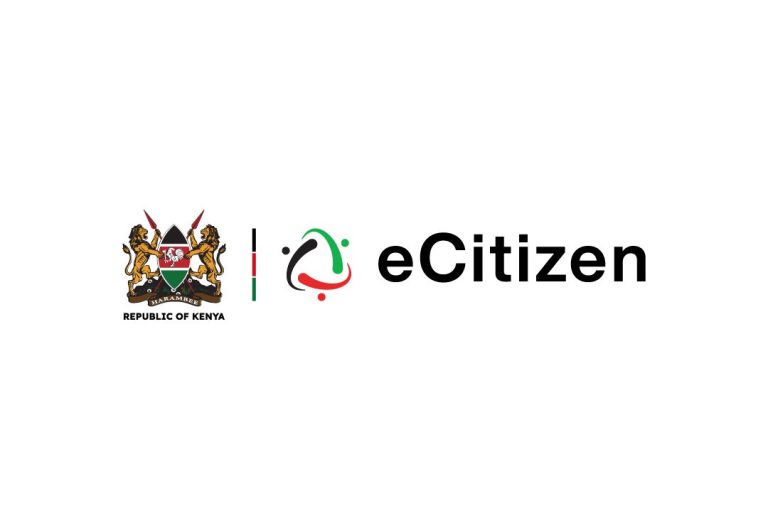eCitizen under scrutiny over missing funds and control issues

More than a decade after its launch, Kenya’s eCitizen platform faces mounting challenges that raise serious questions about its efficiency and transparency in revenue collection.
A new Public Finance Review by the World Bank Group highlights significant irregularities and inconsistencies plaguing the system.
The World Bank cites a recent Auditor General report that identified troubling discrepancies in revenue data recorded on the platform.
Most concerning is that approximately Ksh144 million collected through eCitizen cannot be traced in government financial records, pointing to possible corruption, misappropriation, fraud, or systemic failures.
The report attributes these inconsistencies to potential manipulation, serious weaknesses in payment and accounting framework integration, and limited government oversight.
Perhaps most alarming is that the Kenyan government lacks control over its own system, which is managed by a private technology vendor whose identity and contract details remain undisclosed.
“Despite handling sensitive personal and financial data from millions of Kenyan residents daily, the Government Digital Payments Unit is neither registered as a data controller nor a data processor under the Office of the Data Protection Commissioner,” the report further reveals.
Personal data
This arrangement violates Kenya’s Data Protection Act, as the Government Digital Payments Unit, which handles millions of Kenyans’ sensitive personal and financial data daily, is neither registered as a data controller nor processor under the Office of the Data Protection Commissioner.
The lack of government control raises grave concerns about data safety and potential misuse.
The World Bank’s 2022 Diagnostic Assessment Tool identified additional systemic issues, including taxpayer register inaccuracies, low on-time filing and payment rates, limited electronic payment usage, large unpaid VAT refunds, and absence of risk-based audit plans.
To address these failures, the World Bank recommends expanding eCitizen’s transaction capacity and ensuring seamless integration with the treasury IT ecosystem.
By enhancing the platform’s ability to handle higher volumes, the government could streamline non-tax revenue collection, reducing leakages and improving efficiency while cutting administrative costs.
The institution advocates for automated tax exemption systems, better data integration, and real-time transaction processing to provide accurate revenue flow insights and improve fiscal planning.
These measures could potentially yield up to 0.6 per cent of Kenya’s GDP in annual revenue collection.












